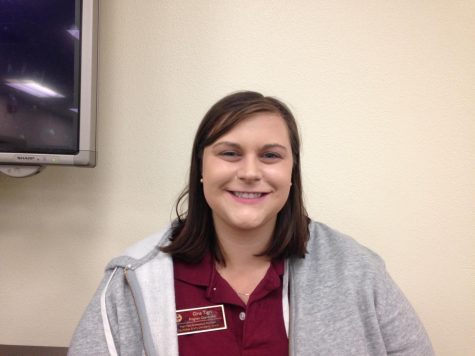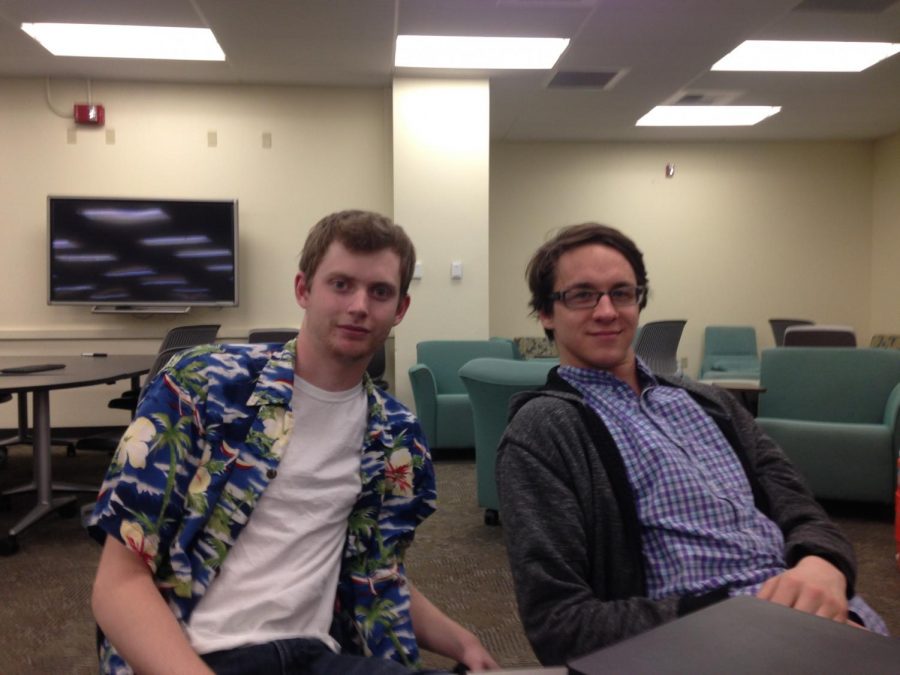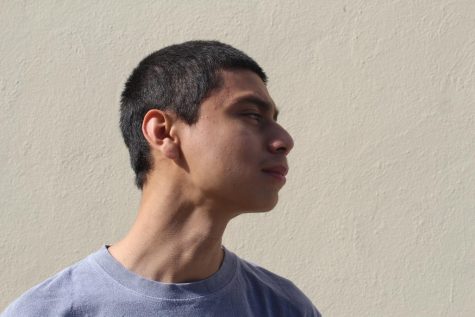This year’s Great Debate focused on the concept of engagement in democracy.
https://twitter.com/JulianMTheOrion/status/1116872550888476673
Two teams debated that question in a modified format of the National Parliamentary Debate style on Friday.
The teams were split into affirmative and negative sides of the argument and both sides would bring multiple arguments to the table at Tehama 116 which was filled with dozens of students.
In between breaks the room was nearly silent with the occasional small background noise of papers being organized as the debaters moved on to the next topic.
After the debate went into detail about misinformation, echo chambers, cyber security and tracking advertisements, the room took a breath as the debate finished.
The O’Connell Technology Center and Butte Hall held speeches and presentations every hour with cookies and conversations and in Tehama 116 sessions ran every half hour.
Students came from different communications classes where they would use what they learned in class and show it to the rest of campus.
Sessions were held from 10 a.m. to 5 p.m., the main event took place at 6 p.m.
Sue Peterson, director of the Chico State Speech and Debate Team, then asked the audience how they might have been been influenced by social media and politics.

Attendants shared their personal experiences, raising their hands to speak next. One talked about sharing a post on social media containing false information, another on how advertisements track you based on where you live and finally how the media could be one-sided.
Peterson then shifted the question to how we can verify something and determine if it is academic.
“The evening debate is really designed to showcase how civil discourse on a controversial issue can take place,” Peterson said. “Disagreements without being disagreeable.”
Alexander Stolp and Cody Peterson faced off against each other in their respective teams—Stolp as the affirmative and Peterson as the negative. Both are on the Chico State debate team.
“Honestly, I probably believe that it’s done more good than harm for the concept of democracy,” Peterson said.
They were given 24 hours to prepare for the debate. Stolp used his experience from drama in high school to stay calm.
“They gave us tips on how to not freak out in front of a large audience, so I think that was externally helpful in this situation,” Stolp said.
The debate also put Peterson in a similar situation.
“It’s definitely different being in front of an audience versus giving a small thing in front of five or six people,” he said.

Gina Tigri, coordinator of the first year experience program, partnered with faculty from the communication studies department for the event.
“The broad umbrella topic for the entire semester for this event in general was engaging in democracy,” Tigri said. “So I think we were hoping to find some kind of topic that would be interesting to this demographic of students we are serving.”
Some classes required that students attend the presentations throughout the day as an assignment or an opportunity for extra credit. Tigri believes there is more than just an extra credit opportunity going on here.
“I think students should know that this event is more than just a class assignment,” Tigri said. “It’s a way for them to have a voice on campus and in our community in a way for them to figure out how to use what they learned in a classroom setting and apply it to real world issues that affect them everyday.”
Julian Mendoza can be reached at newsedtitor@theorion.com or on Twitter at @JulianMTheOrion.








